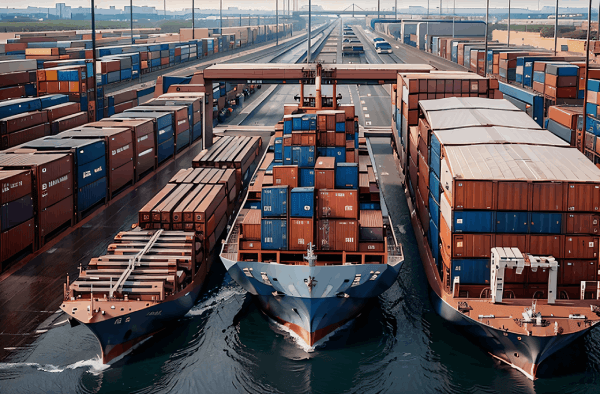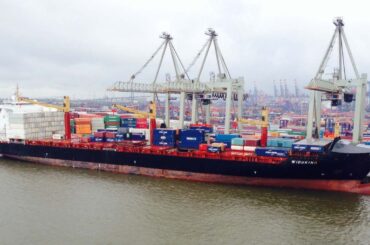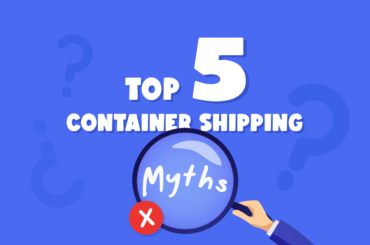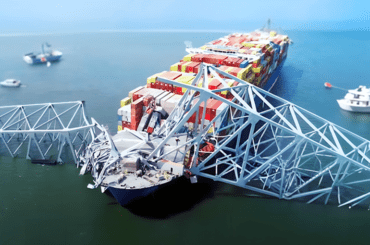This blog post addresses the trend of integrating various transport modes for efficient container shipping and intermodal integration. It explores how seamless combinations between rail, road, and sea transportation enhance supply chains while increasing shipping reliability – underscoring its significance within today’s increasingly competitive market.
Intermodal integration stands as a disruptive force within container shipping, revolutionizing both the efficiency and reliability of global supply chains. Intermodal integration encompasses seamless coordination and integration among various transportation modes such as road, rail, and sea for shipment movement from point of origin to final destination.
Harmonizing Transport Modes for Streamlined Global Logistics
Intermodal integration aims to streamline shipping by eliminating inefficiencies and shortening transit times. Combining different modes of transport allows goods to move smoothly from ships onto trains or trucks for delivery, creating a streamlined delivery process with reduced transit times and costs.
It is essential when facing supply chain disruptions or growing consumer expectations, such as port congestion. When confronted by port delays, intermodal offers the flexibility of rerouting shipments via alternative modes to meet delivery deadlines without incurring delays and ensure timely deliveries.
Collaborating between various modes of transport also lowers costs and environmental impact by efficiently combining transportation means. Doing this reduces empty return trips, fuel usage, and greenhouse gas emissions, as well as aligns with the industry’s commitment to sustainability.
Optimizing Supply Chains with Seamless Coordination of Transport Modes
Technology advances have helped expedite integration. Real-time tracking with ShipsGo, predictive analytics, and automated systems facilitate the seamless transfer of containers from one mode of transportation to another, guaranteeing transparency while decreasing risks related to lost or delayed shipments.
Intermodal integration marks an exciting revolution within container shipping, representing a dramatic paradigm shift within the industry. By harmonizing various modes of transport and providing seamless synchronization across rail, road, and sea transportation modes, this trend towards intermodal integration promises an agile, eco-conscious future of container shipping networks.





